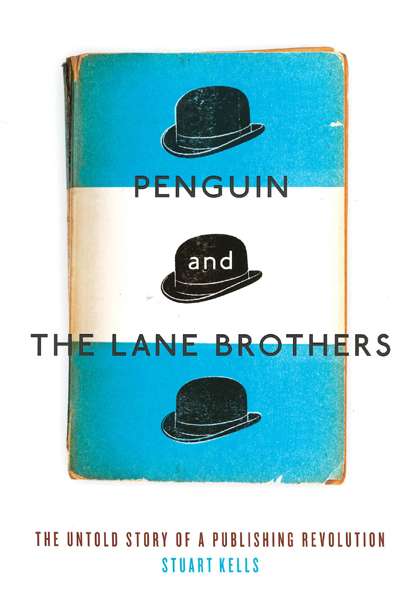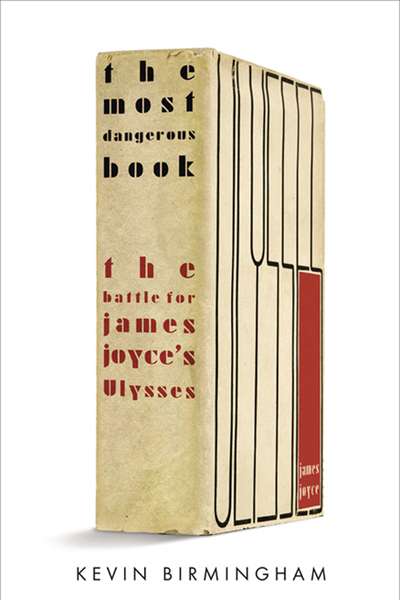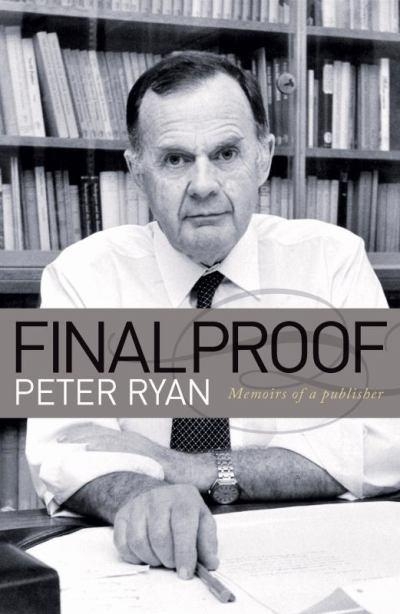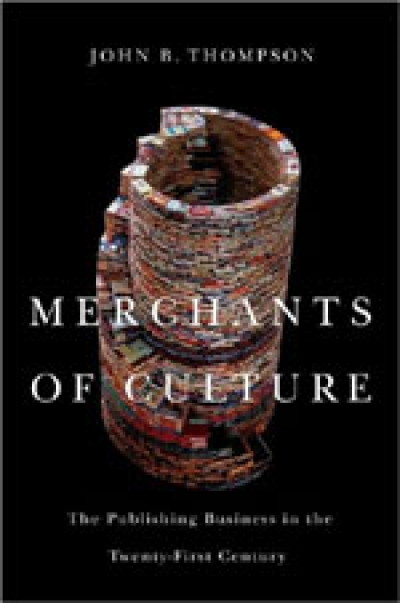Publishing
Penguin and the Lane Brothers: The Untold Story of a Publishing Revolution by Stuart Kells
The Most Dangerous Book: The battle for James Joyce’s Ulysses by Kevin Birmingham
Ben Ball was born in Melbourne in 1970. He grew up in London, New York, and Sydney, and went to school in all of these places. He completed an Arts/Law degree, in Australia, ‘more or less entirely to create the pleasing symmetry B. Ball, BA, LLB’. In the United Kingdom he undertook an M.Phil in Contemporary English Literature. Ball worked in London in publishing for more than a decade, with Bloomsbury, Granta, and Simon & Schuster. He returned to Australia when he began working for Penguin in January 2006. In 2011 he became Penguin’s Publishing Director.
... (read more)One afternoon some three decades or more ago in a stuffy conference room at W.W. Norton & Company, the New York publishing firm where I then worked, the semi-annual sales conference was underway. Assembled were the national sales reps and the marketing team, members of the editorial board, the publicity director and senior publicists, and our president and chairman. A formidable array for editors to face – especially young ones, as I was then – as they presented their upcoming books on the next seasonal list.
One had about three to five minutes tops (though this was often honoured more in the breach, to the exasperation of the audience) to get across to the reps – a fairly jaded lot, but for the most part tolerant of newbies like me – an idea of a book’s content; its main sales points; a run-down of competing titles; any scintillating pre-pub blurbs one had been able to secure; and a conviction-filled guarantee that the author was an absolute certainty to be interviewed on the Today Show.
... (read more)Mary Cunnane, who has worked in the publishing industry since 1976, laments the laziness and irritation of those publishers who resent and underestimate unsolicited submissions from authors
... (read more)The coffin sat on a chrome trolley at the front of the pews. In the end we only need a box six feet by two, and how small it looks ... the imagination falters.
... (read more)British author Glen Duncan released his eighth novel this year, the title of which, The Last Werewolf, is fairly self-explanatory. Although a much more philosophical (and entertaining) read than one might imagine in our current supernaturally-dominated ‘box-office’ novel landscape, Duncan’s book was a marked departure from an author better known for h ...
It’s not often that literature makes the front page of the Sydney Morning Herald, but on 3 November 2006 the lead story was a report by David Marr about the National Library of Australia’s purchase of a collection of Patrick White’s papers, previously thought destroyed. Other media, both in Australia and internationally, picked up the story. The T ...




